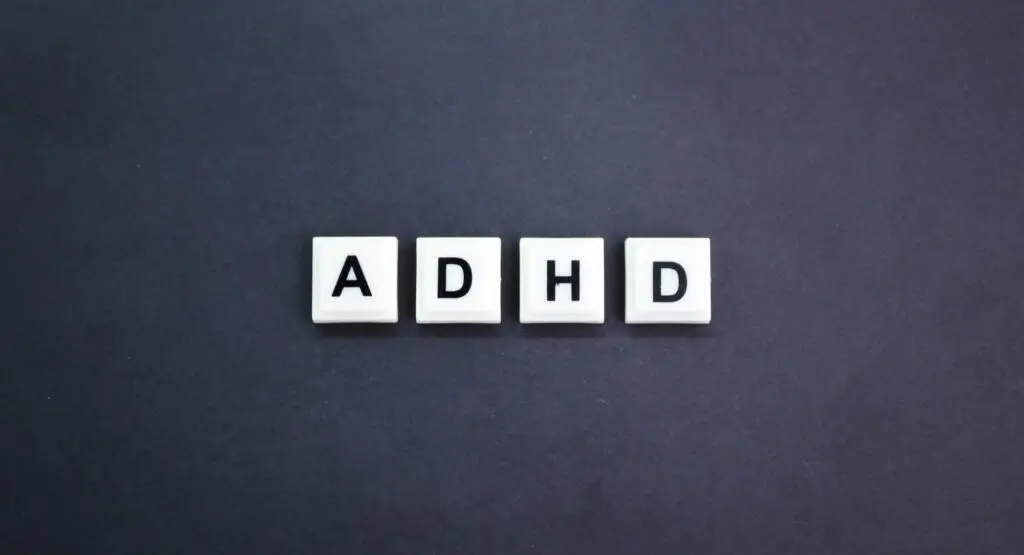How Does Medical Marijuana Help Patients Who Suffer From ADHD?
Attention Deficit Hyperactivity Disorder (ADHD) is a neurodevelopmental disorder characterized by symptoms like inattention, hyperactivity, and impulsivity. Conventional treatments often come with limitations and undesirable side effects, leading many individuals to explore alternative therapies. One such avenue gaining attention is medical marijuana. This article aims to explore the potential benefits and risks of using medical marijuana as a treatment for ADHD.

Mechanisms in Action
Cannabinoids in medical marijuana interact with the endocannabinoid system in the brain, potentially affecting neurological functions related to ADHD symptoms.
Some researchers suggest that dopamine, a neurotransmitter crucial for regulating attention, memory, and executive function, may play a central role in ADHD pathology. Dysregulation of dopamine signaling in the prefrontal cortex contributes to the core symptoms of ADHD, including inattention, impulsivity, and hyperactivity.
Studies have explored how THC and CBD influence dopamine levels and brain activity, offering insights into their effects on attention and hyperactivity. Medical marijuana’s interaction with the endocannabinoid system may modulate dopamine release and neuronal activity, potentially restoring balance to dysregulated brain circuits implicated in ADHD.
Medical marijuana could be instrumental in creating new signal patterns as the chemicals flood the bloodstream, which, in turn, overrun the hyperactive or inattention signals in cue. Thus, the medical marijuana user may be able to experience improved cognitive function, concentration and executive function.
Medical Marijuana and ADHD: What the Research Says
Although the research on medical marijuana use for ADHD is limited, several studies have reported promising outcomes. A 2020 study found that higher doses of medical cannabis components, such as CBD, CBN and terpenes, were associated with improved symptoms and a reduction in ADHD medication intake. Additionally, a 2022 case study of 3 males between the ages of 18 and 23 found that participants experienced a decrease in depression, inattention and anxiety symptoms with an increase of self-regulation after cannabis use.
Further, a 2016 qualitative analysis of online discussion threads around ADHD and medical marijuana use found that 25% of people self-reported a positive experience in reducing their ADHD symptoms with cannabis use.
Potential Risks and Side Effects
Despite potential benefits, there are risks associated with medical marijuana use for ADHD. Adverse effects may include short-term memory problems, dry mouth, and sleepiness. Long-term effects are not fully understood, highlighting the need for further research.
There is limited research on how medical marijuana interacts with ADHD medications; however, a 2015 study found that combining THC and Ritalin caused an increased heart rate compared to taking Ritalin on its own.
It’s important to note that people living with ADHD are also susceptible to substance use disorders, so medical marijuana dosages, frequency and period of use should be monitored by a medical professional to help prevent dependence.
Conclusion
While medical marijuana shows promise as a treatment for ADHD, more research is needed to understand its effectiveness and safety fully. It’s crucial for individuals considering medical marijuana to discuss their options with healthcare providers and consider potential risks.
Future studies may provide valuable insights into the role of medical marijuana in managing ADHD symptoms and improving quality of life.
At Charlotte Medical Marijuana Doctors, we are committed to providing comprehensive and compassionate care to our patients. If you believe medical marijuana may be a suitable option for you or a loved one dealing with ADHD, we encourage you to take the next step. Contact our experienced team to schedule a face-to-face consultation with one of our licensed doctors and explore how medical marijuana could potentially alleviate symptoms of ADHD and enhance your wellbeing.
Get a marijuana card for ADHD
Medical marijuana may help alleviate ADHD symptoms by promoting focus, reducing hyperactivity, and calming impulsivity through its interaction with the endocannabinoid system. Unlike traditional stimulants, it offers a natural alternative with potentially fewer side effects for some individuals.

